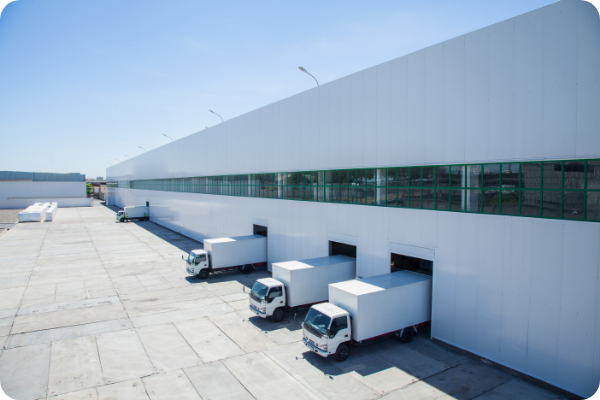As technology evolves, it is seen by some as an innovation, and by others, a disruption. The era of technological change within the workplace is upon us, following which some jobs have subsequently already become digitised, facilitating improvements within the workplace dynamic, which would otherwise have required expensive and time consuming structural changes to workplace machinery and in turn, workplace buildings.
2017 has borne witness to the introduction of many digitised jobs within a diverse range of sectors, from manufacturing and construction, to warehousing and logistics; with further government predictions that the implementation of autonomous vehicles, and robots; will make changes so substantial, that by 3025, the UK financial situation will have significantly improved.
As debates for and against the introduction of ever-evolving technologies within the workplace continue; identified below are four key pieces of technology, which illustrate how advantageous the adoption of modern technologies really is, exploring whether they do really increase accuracy and productivity within the Logistics Industry:
Robotic Process Automation:
An actual physical standalone robot, or a machine which automates a process. Robotic Process Automation (RPA) is widely used in many warehouse distribution facilities, from conveyors to pickers, it is a significantly commonplace technology. Logisticians who work in environments which implement RPA report a higher level of accuracy and efficiency in tasks completed, which in turn improves overall facility operations.
Autonomous Vehicles:
Self-driving vehicles, which form a convoy, controlled by one human-driven lorry in the lead. Self-driving vehicles will be rolled out on main roads, across Europe in 2019. This innovative technology is predicted to reduce emissions, and transport costs, whilst increasing productivity across the logistics industry.
Virtual Logisticians:
Technology makes it ever easier for us to connect to anyone, at any time, from anywhere. An advantage which benefits logisticians around the world, to work flexibly, and continuously off their services 24/7, by a mixed means of contact points including phone, email, website, and social media. This accessible, and ever-convenient connection to people, means technology is allowing companies to cut costs of hiring an office, and reducing the costs of travel, all whilst enabling employees to work flexibly.
Last Mile Logistics:
Last Mile Logistics is not a technology by itself, but has been born out of the swift increased growth of ecommerce and the requirement for the delivery of consumer goods purchased online, usually within densely populated locations such as cities. As the world becomes ever more dependent on ecommerce and same-day or instant delivery, this end to end delivery service is crucial to facilitating the modern omnichannel supply chain.
In 2017 amongst concerns that robots are replacing us mere mortals, the question on everybody’s lips is whether modern technology will continue to help or instead hinder the logistics industry. Whilst there are a few who still view the era of digitisation as disruptive; with the dawn of digitisation inevitable, there are a great many more who are welcoming the change and moving with the technological times, working to improve the Logistics Industry present, and future.














